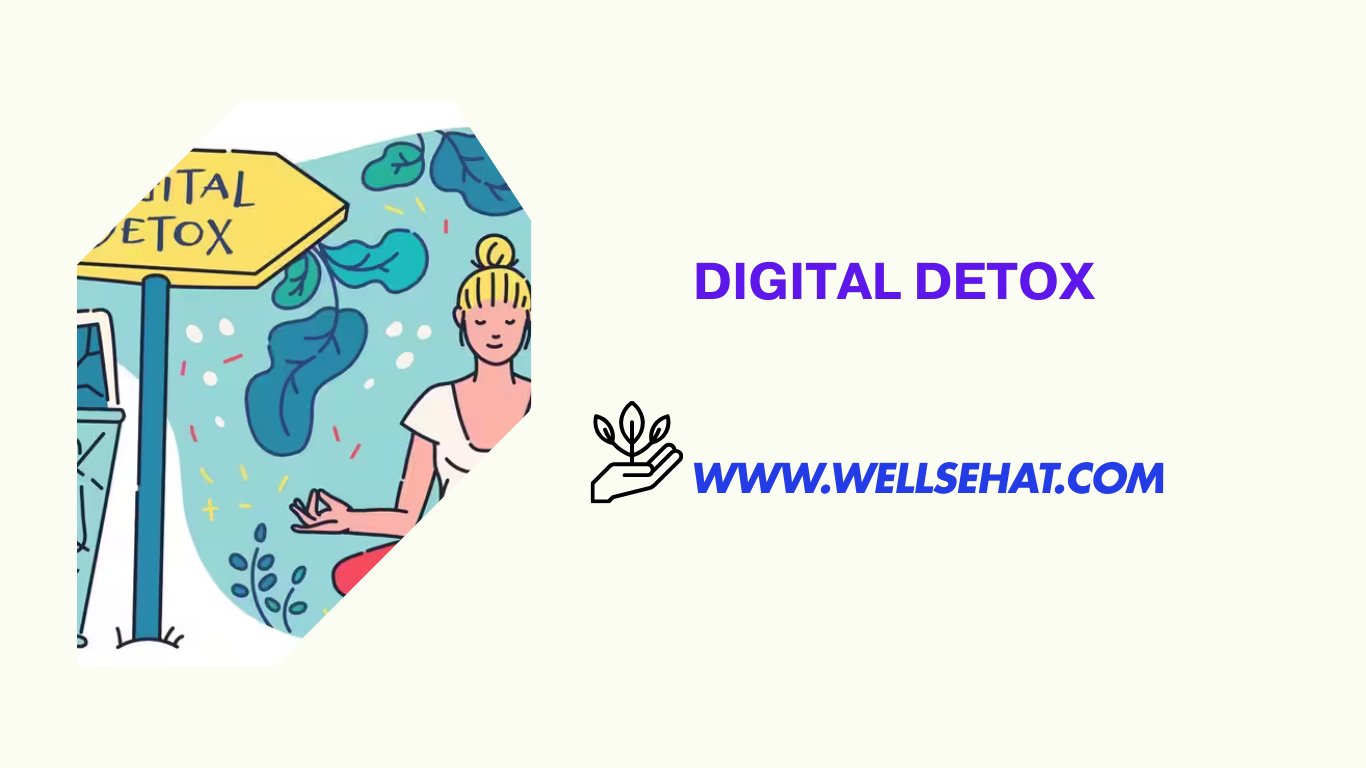Living in a digital age when we have our phones, computers, and tablets glued to our hands all around the clock; the concept of digital detox has become the order of the day. Since people use technology at work, while interacting with friends and family, and playing, the adverse effects of über-connectivity on the body and mind cannot be overlooked. By consciously unplugging ourselves from our gadgets, a digital detox can provide plenty of advantages that will improve our quality of life.
The Cost of Constant Connectivity
Our contemporary zeitgeist is very much inclined to maintain the “constant availability” narrative. However, thanks to communication technologies, notifications from applications, emails, and social networks make people anxious. The subject literature has confirmed that technological overreliance has undesirable effects on the health of the community such as insomnia, sore eyes, and attention deficit disorders. Additionally, the need to keep in contact can cause anxiety since most times, we are comparing ourselves to some made-up performer existence.
In other words, constantly staying connected threatens to wear us out and exhaust us. Identifying these negative impacts is a good starting point of unfollowing, and thus regaining informatics territory.
Read More… nutrition-and-diet
The Benefits of Unplugging
1. Improved Mental Clarity
The first advantage of a digital detox is the chance to have a clear mind. Whereas when one is away from gadgets they can concentrate on endeavours and feel more present in the tasks they undertake. Such elevated focus can cause a boost in creativity, better decision-making, and a deeper relationship with our thoughts.
I believe that in addition, when we disconnect ourselves from everything and focus on a single task, our brains work a bit differently than when multitasking. It is scientifically possible to prove that any kind of activity including reading, writing in a journal, or even walking in the park without having to look at a screen fixes the mind and heals the soul.
2. Enhanced Physical Health
A digital detox can also tremendously affect our physical well-being. Since children spend several hours a day in front of screens, it exposes them to long hours of inactivity leading to phenomenon diseases such as obesity, cardiovascular diseases, and musculoskeletal diseases. People suggest that when free from the screens people are more inclined to participate in some form of exercise whether it is hiking cycling or going for a walk.
Also, decreased screen time may lead to better quality night’s rest. Such light disrupts the natural rhythms of the human body since its intent is to get our brain to produce melatonin, which helps us sleep. A few ways to build a better sleep schedule include unplugging an hour or so before going to sleep and simply waking up to a fresher day.
3. Strengthened Relationships
Eden shows how technology helps people to interact, but at the same time, it distantly isolates them from each other. A digital detox requires and challenges one to interact more appropriately with the people within their company. People stay engaged, open, and willing to spend time face-to-face; this makes it easy to have heated, meaningful, and lengthy conversations.
Greater social connectedness is fostered when a person spends more time without phones or any form of screen technology with his or her family members or friends. The fact is, simple things such as making dinner, or playing cards, which are familiar in any family, can turn into a powerful communication tool and an excellent material for a good story.
4. Heightened Mindfulness
A good time to actively practice mindfulness is during the ‘digital detox’ when you are shielding yourself from using the electronic devices. The loss of interactive and seemingly omnipresent digital devices helps us to stay in the midst of the current experience. This shift may result in paying more attention to what we think, feel, and see because the wealthy, in most cases, are healthier than the poor.
Meditation coupled with deep breathing can prompt results if we free our brains from interference from the devices. Contemplation of things and places in our surroundings can in one way or the other help make us feel at ease.

